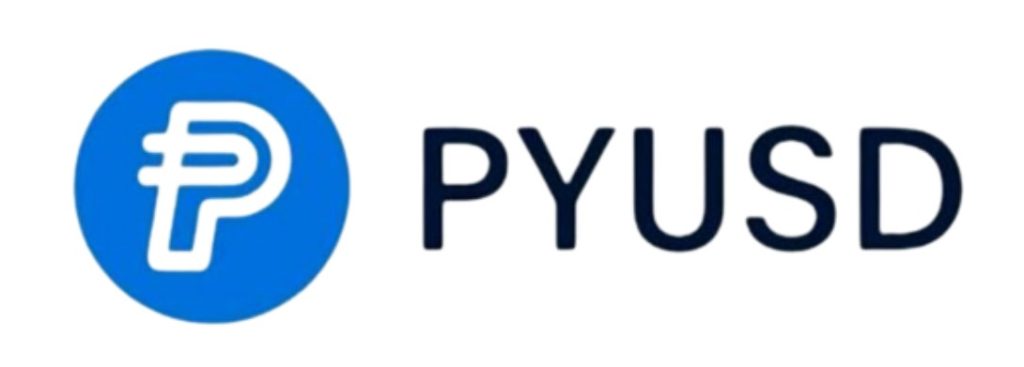
What is PYUSD Stablecoin – PayPal’s Launch of Crypto Payments
PayPal recently launched a crypto payment option with PayPal’s USD stablecoin (PYUSD). It has created a buzz in the industry around how it will impact crypto payments and what it means to the existing users of PayPal.
Let’s understand what is PYUSD stablecoin and how it works.
What is PYUSD Stablecoin?
It is a cryptocurrency backed by US dollar deposits, treasuries, and cash equivalents. The value of this stablecoin is designed to remain steady over time relative to a reference asset, such as the US dollar.
You can purchase or sell 1 PYUSD through PayPal for 1 USD. Stablecoins allow inclusive access to financial systems and enable fast, efficient money movement. Moreover, digital currencies are programmable. They can be integrated into public blockchains, linking the traditional economy with Web3.
Features of PYUSD
- Reserve-backed: PYUSD is a stablecoin backed by dollar deposits, US treasuries, and cash equivalents, ensuring its value remains stable at $1.
- Easy to buy, sell, hold, and transfer: Users can easily manage their digital assets with PYUSD through the PayPal app or website. This includes buying, selling, holding, and transferring funds. The user-friendly interface makes PYUSD accessible to a wide range of users.
- Check out crypto at stores: Users can shop online using cryptocurrency at millions of stores. PayPal will sell its PYUSD to facilitate payment, making digital asset transactions seamless and easy.
- Convert into other supported cryptocurrencies: PYUSD offers easy cryptocurrency conversion for portfolio diversification. Please note that there may be fees for the conversion process.
Boost your visibility as a financial broker by registering as a liquidity provider on our platform.
How to Use PYUSD?
The launch of PayPal’s USD stablecoin has become a matter of debate. While it serves multiple purposes, it is yet to see how effective these will be. Let’s look at the widespread use cases of the PYUSD.
Buy and Sell
Users can buy and sell PYUSD directly within the PayPal app or website. This straightforward process allows for the acquisition or liquidation of PYUSD based on the user’s needs and preferences.
Convert
The convert feature enables users to transform their PYUSD into other supported cryptocurrencies. While offering flexibility in investment choices, it’s essential to know that fees apply to this conversion process.
Check Out at Stores
PYUSD facilitates cryptocurrency payments at millions of online stores. Users can seamlessly check out with crypto, and PayPal will handle the sale of PYUSD to complete the transaction. Integrating digital assets into the e-commerce landscape enhances the utility of PYUSD.
Send and Receive
Sending PYUSD to friends in the US on PayPal is fee-free, providing users with a convenient and cost-effective way to transfer digital funds. Additionally, users can share PYUSD to Ethereum wallet addresses that accept PYUSD in just a few simple steps. Network fees may apply to these transactions, so users should remember these details when transferring funds.
Blockchain Compatibility
PYUSD is an Ethereum-based cryptocurrency that follows the ERC-20 standard, making it compatible with various exchanges and wallets. PayPal plans to make PYUSD available on Venmo. However, it is still being determined if PayPal’s users will widely adopt the currency.
PYUSD, a stablecoin, operates under the regulatory oversight of the New York State Department of Financial Services. Paxos, the issuer of PYUSD, publishes monthly reports to promote transparency and establish credibility. However, the effects of PYUSD in the broader cryptocurrency market remain a topic of ongoing discussion.
Influencing Crypto Payments Landscape
It is estimated that around 1.7 billion individuals across the globe need access to conventional banking services. DeFi aims to provide financial services, but regulatory obstacles impede its widespread adoption. PayPal’s stablecoin, if regulatory frameworks become more accommodating, could facilitate the transition to DeFi.
Social media has changed how we shop, but retailers must still address authenticity and data safety concerns. To fully leverage social media’s potential, retailers must prioritize trust-building measures, including safeguarding personal data, ensuring product quality, and providing seamless payment options.
The Bottom Line
Introducing this new token marks a significant step towards the future of digital currencies and sets it apart from other stablecoins in the market. PayPal is following regulatory standards and using its existing traditional finance (TradFi) infrastructure, formally placing it in a solid position to introduce cryptocurrency to the global payment ecosystem.
Sign Up to connect with industry leaders and engage with their content.





